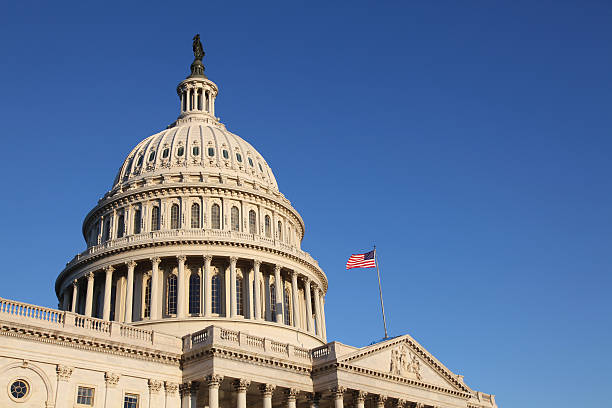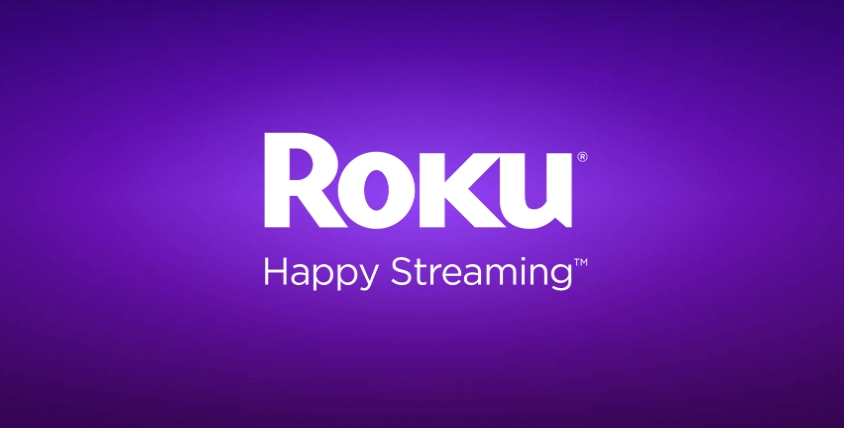[Reuters Analysis] Trump's antitrust enforcers 'get out of the way' of multibillion-dollar deals

- Trump's antitrust approach contrasts with Biden's stricter policies
- FTC and DOJ cleared 3 deals worth $63 billion one week
- Dealmakers aided by willingness to settle, shorten reviews
- Ferrero deal for WK Kellogg seen being approved
By Jody Godoy
July 10 (Reuters) - President Donald Trump's antitrust enforcers recently cleared a string of multibillion-dollar deals in a week, demonstrating a willingness to settle with companies that marks a shift from the Biden administration.
The U.S. Department of Justice's Antitrust Division and the U.S. Federal Trade Commission cleared three deals that were together worth $63 billion in June, illustrating how FTC Chairman Andrew Ferguson and DOJ antitrust head Gail Slater are taking a different tack from their predecessors.
The settlements, along with a return to formally cutting short waiting periods, provide certainty to dealmakers and could smooth the path for companies like Nutella maker Ferrero, which on Thursday entered a deal to pay $3.1 billion for cereal maker WK Kellogg KLG.N.
"The Trump administration's commitment to getting out of the way for non-problematic deals suggests a smoother, quicker process for Ferrero-WK Kellogg, assuming that there are minimal competitive concerns," said Andre Barlow, an antitrust lawyer in Washington.
In late June, the FTC cleared candy maker Mars' $36 billion takeover of Pringles maker Kellanova K.N after around 10 months. The same week, advertising agency Omnicom's OMC.N $13.5 billion acquisition of rival Interpublic IPG.N got the green light in less than seven months, after the company agreed to restrictions on its ability to steer ad dollars based on political considerations. Both deals still face regulatory review in other countries.
“Chairman Ferguson has been clear since day one. The Trump-Vance FTC is committed to getting out of the way of mergers if there are no competition concerns,” said FTC spokesperson Joe Simonson.
Deals subject to review in the U.S. must wait 30 days to close — but antitrust enforcers can shorten the waiting period if they do not see a need for further review. More than 100 transactions have been granted shorter reviews since the beginning of Trump's second term, according to FTC data. The practice was suspended for most of former President Joe Biden's term to give antitrust enforcers time to investigate, frustrating dealmakers looking to close quickly.
On average, companies agreed with one another to allow 18.5 months for their deals to close in 2024, according to data compiled by law firm Dechert. The firm suggested in May that the timelines had been extended by the Biden administration's unwillingness to settle with companies.
DETERRENCE NOT THE GOAL
Former FTC Chair Lina Khan often spoke about combatting corporate concentration, and how increased scrutiny should make companies think twice about entering potentially illegal deals.
Now, deterrence is not the goal, Bill Rinner, Slater's deputy in charge of merger enforcement who joined the DOJ from hedge fund Apollo Global Management, said in a June 4 speech.
"Deals that are pro-competitive or competitively neutral should be able to proceed without a lingering regulatory review tax," he said, according to a copy of the remarks delivered in Washington.
Rinner was among DOJ leadership who signed off on a settlement in late June with Hewlett Packard Enterprise HPE.N over its $14 billion deal to acquire networking gear maker Juniper Networks JNPR.N.
The DOJ had sued to block the deal in January, shortly after Trump took office, alleging it would harm competition in the market for wireless networking solutions used by large enterprises. HPE started negotiating the deal with the DOJ on March 25, around two weeks after Slater was sworn in, according to court papers.
Ahead of a scheduled trial, the DOJ agreed to drop its claims in exchange for HPE agreeing to license some of Juniper's AI technology to competitors and sell off a unit that caters to small and mid-sized businesses.
The moves are being watched by dealmakers, who see increasing appetite for megadeals. And they signal a potential path forward for deals such as UnitedHealth's UNH.N $3.3 billion acquisition of Amedisys AMED.O, which still faces a court challenge brought by the Biden administration. The DOJ and the companies are scheduled to attend mediation in the case in August.
Other deals are waiting in the wings. Charter Communications' CHTR.O buy of rival Cox Communications for $21.9 billion, financial technology firm Rocket Companies' RKT.N $9.4 billion deal to buy home loan service provider Mr Cooper Group COOP.O, and Google parent company Alphabet's GOOGL.O $32 billion acquisition of cybersecurity startup Wiz in 2026 are pending regulatory clearance in the U.S.
Antitrust lawyer Barlow said that some deals, such as Kroger's $25 billion bid to buy grocery chain Albertsons, which the Biden administration successfully sued to block, would still face challenges under the Trump administration.
"The question is, would this administration settle it? And I think the answer is, well, you have a better chance with this administration than you did with the last one," he said.








